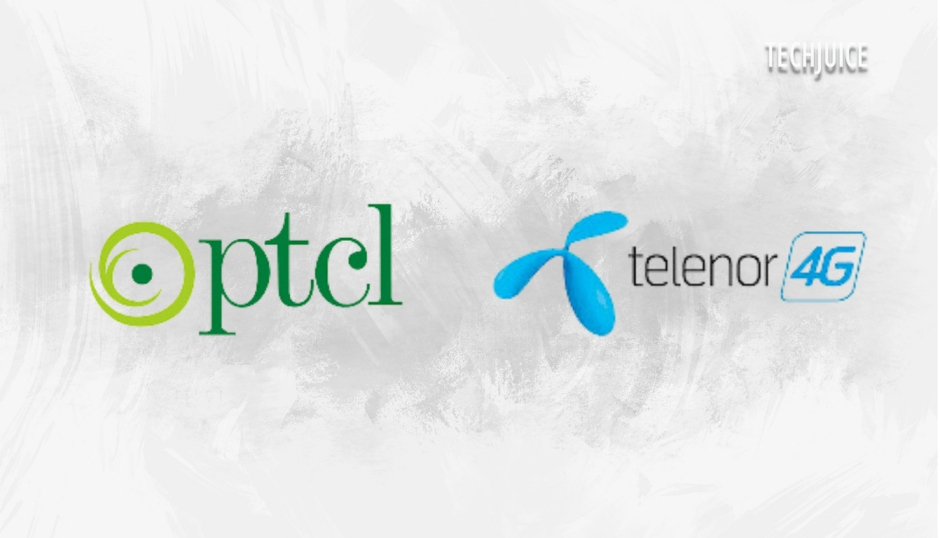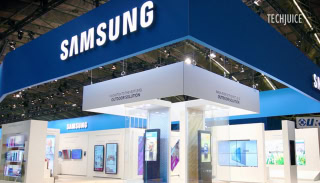ISLAMABAD: The Competition Commission of Pakistan (CCP) has completed its Phase-II review of Pakistan Telecommunication Company Limited’s (PTCL) $400 million acquisition of Telenor Pakistan Pvt Ltd and Orion Towers Pvt Ltd, marking a significant milestone in the country’s telecom industry.
A revolutionary invention for PTCL, this acquisition will allow them to expand their reach in both the vertical and horizontal markets via the combination of Telenor’s mobile and internet services with Orion Towers’ infrastructure assets. According to sources, next week CCP officials will meet with PTCL management to settle the specifics of the transaction, which has garnered a lot of interest in the telecom industry.
In September and October of 2024, the CCP held a number of hearings as part of its thorough assessment, which was spearheaded by Chairman Dr. Kabir Ahmed Sidhu. Discussions focused on how the merger may affect competition, market efficiency, and consumer welfare, and they drew industry players from all around.
The CCP evaluated the merger’s implications on several key areas, including Long Distance and International (LDI) services, telecom infrastructure, mobile network operations, and domestic leased lines.
In the retail LDI category, PTCL’s share is expected to rise from 50.5% to 61% after the merger, while Ufone’s mobile service would control 37% of the market after merging with Telenor’s 24% stake. Also, PTCL will have a 42.7% share of domestic leased lines and a 68% share of wholesale IP bandwidth.
The merger has come under fire from other companies, despite PTCL’s claims that it would increase competition, infrastructure investment, and service quality. The possibility of anti-competitive behavior in infrastructure markets was brought up by Wateen Telecom, who warned that PTCL’s growing dominance might limit rivals’ access to essential services.
Jazz has urged for regulatory protections to minimize consumer damage, particularly in areas like Gilgit-Baltistan and Azad Jammu and Kashmir, where market alternatives are already restricted, even if it conditionally supports the transaction.
In the same way, CM Pak (Zong) has voiced concerns over spectrum concentration, pointing out that the merged company may have 34.4% of the retail mobile market’s entire spectrum, which might give it an unfair advantage in terms of coverage and service quality.
Chairman Dr. Sidhu has reiterated the CCP’s focus on maintaining fair competition and protecting consumer interests. To make sure the merger is in line with the overall health of Pakistan’s telecom industry, the Commission has been examining it from both an economic and legal standpoint. The agreement raises issues with market justice even as it provides chances for increased network coverage and the development of digital infrastructure.
The CCP’s final decision, expected soon, will be critical in determining the future trajectory of Pakistan’s telecom industry. If approved with appropriate safeguards, the merger could signal a new era of innovation and growth while ensuring a competitive market landscape.











